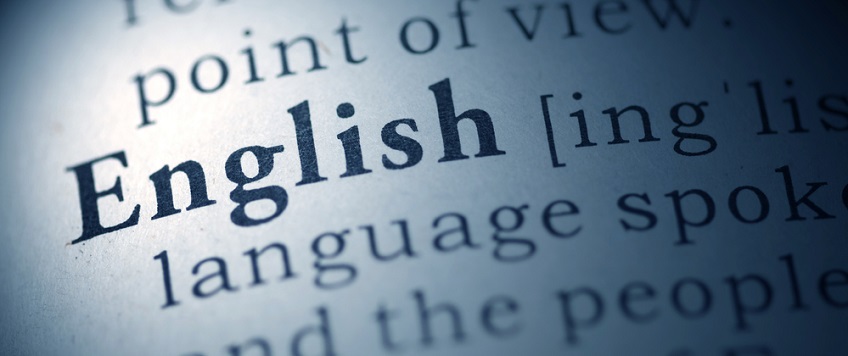
Where did “English” come from?
Have you ever wondered why we speak the way we do – or write like we do? The English language has become one of the most successful and widespread in the world. It is used and recognised in many places. Yet it’s native to a relatively small island. How did this happen? And at the same time, how did London, our capital city, end up with over 300 different languages, and become one of the most international cities in the world? ( according to the Greater London Authority ).
Language studies take us back thousands of years. Then, a group of languages – the Indo–European group – were used across Europe, India, even as far as western China. These languages covered most of the known world of the time. And like today, there was much large-scale population movement, with our place being the most western destination for the traveller, so that we became a kind of a melting pot for many of the linguistic changes that were to take place.
The Celts did pretty well in early history and were strong in England and Ireland. Their language( s ) remain there still, to an extent, in Wales and Scotland. The Welsh form is currently undergoing a successful revival; but unfortunately enough, the last native speaker of the Cornish form of the Celtic language died recently, so that language is now extinct.
English history has seen several successful invasions, and usually this has meant an additional language being imposed. The Romans, for a start, brought Latin. Different forms of provincial English were probably spoken at the time but we have hardly any written records. Part of the reason is that what there was was subjugated by Latin, as the new, ‘superior’ language, and what was ‘English’ then was relegated to the ‘common’ people.
In the time of Alfred the Great, he was king of only half the country, the consequence of the Anglo-Saxons ( mainly Germans ) and Danes landing and acquiring the other half. Despite this, Alfred was fiercely protective of our land, our ways and our language which survived. By the time the Danish tale of Beowulf was written in around 1000 AD it was written in English, though not in a form you would recognise today. It is, in fact, more akin to German.
You know about the Norman Conquest, and this brought yet another language for the upper class in French. Latin remained, but common English also persisted, and in 1200 we have a manuscript that was written in recognisably modern English. It’s a comedy piece about two vain birds, and you can see it on the British Library website.
From then on it’s Chaucer, Shakespeare and you know the rest. There is of course more detail to the story of our language, but I hope that what I have said here might possibly prove a starting point for anyone curious to investigate further. English is now one of the most beautiful and effective languages of all. And if you’re ever stuck for something to say, there are several hundred thousand English words for you to choose between! And more continue to be added each year.
